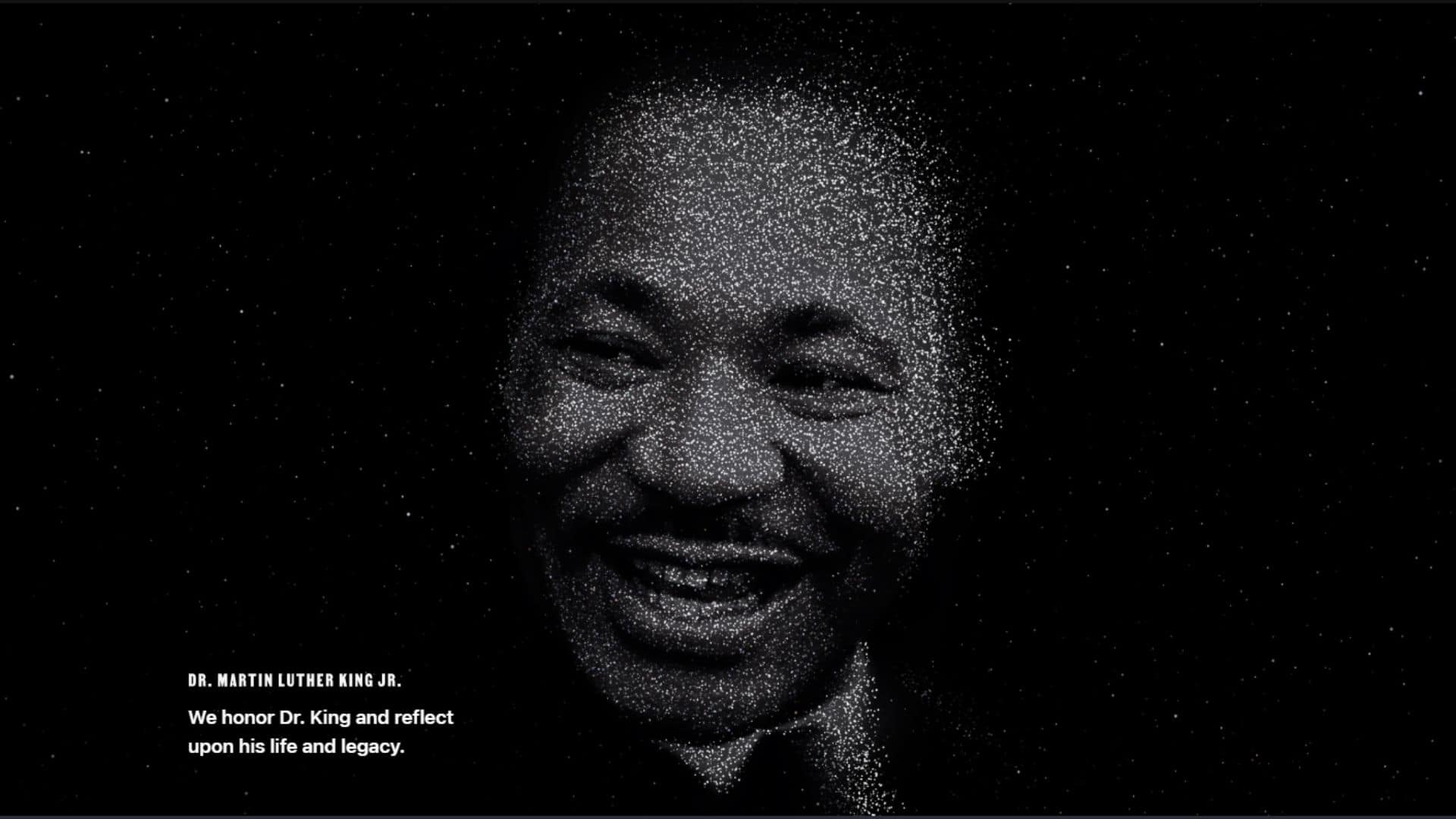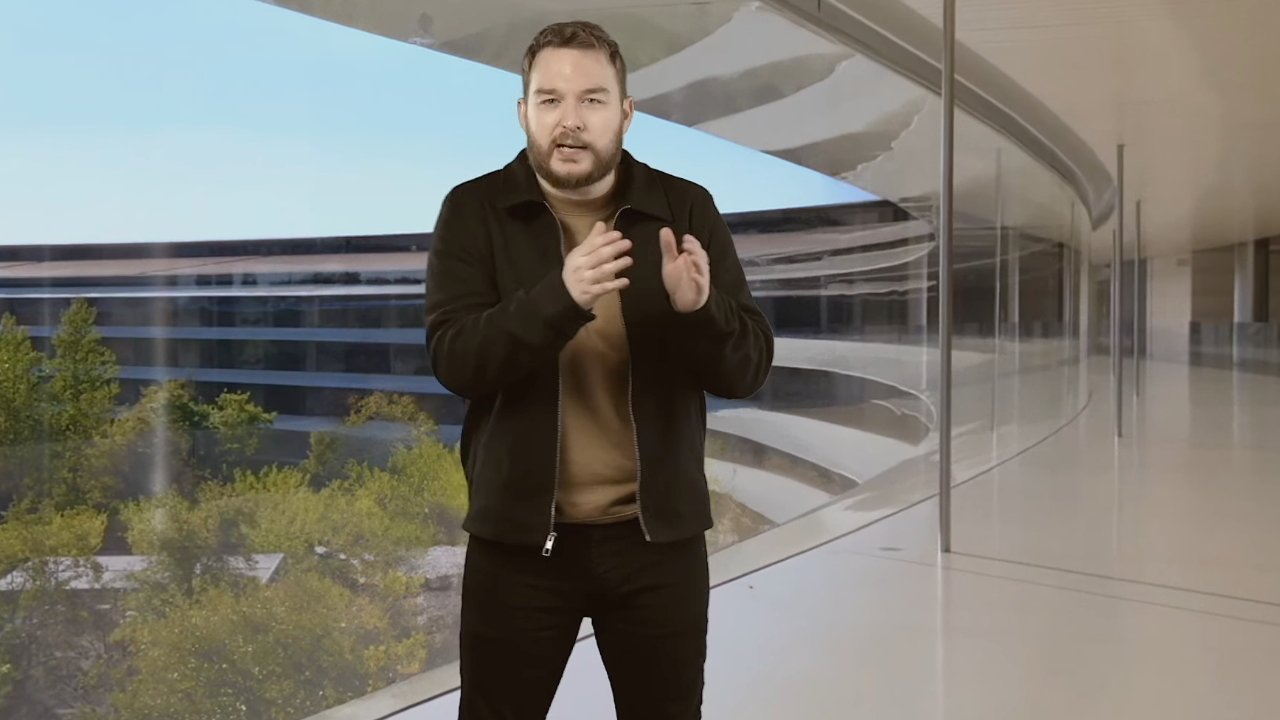Apple Inc. is currently grappling with a significant exodus of senior artificial intelligence (AI) researchers, a development that has raised concerns about the company’s position in the rapidly evolving AI landscape. The departure of key personnel has been described by industry insiders as indicative of a crisis of confidence within Apple’s AI division.
Key Departures and Their Implications
The most notable departure is that of Ruoming Pang, who led Apple’s Foundation Models team. Pang joined Apple from Google in 2021 and managed a team of approximately 100 engineers responsible for developing models powering features like Genmoji, Priority Notifications, and on-device text summarization. His exit to Meta Platforms, reportedly lured by a compensation package exceeding $200 million, marks a significant blow to Apple’s in-house AI development efforts.
Following Pang’s departure, other key members of the Foundation Models group, including Mark Lee and Tom Gunter, have also transitioned to Meta’s Superintelligence Labs team. Additionally, OpenAI has recruited Brandon McKinzie and Dian Ang Yap, both former Apple foundation models research engineers. In total, Apple has lost around a dozen AI staff members to competitors such as Meta, OpenAI, xAI, and Cohere.
Industry Perspective and Recruitment Dynamics
AI recruitment firms have observed that Pang’s departure has signaled a crisis of confidence within Apple, prompting competitors to aggressively target its AI talent. Aaron Sines, director of AI recruiting at Razoroo, noted, Ruoming Pang leaving is huge: it sends a signal of a crisis of confidence around what is to come. A lot of the companies we have as clients are saying ‘hey, look at Apple: it’s open season’.
Meta, under CEO Mark Zuckerberg, has been particularly aggressive in its recruitment efforts, offering substantial compensation packages to attract top AI talent. Reports indicate that Meta has offered signing bonuses as high as $100 million to AI engineers from companies like Apple, OpenAI, and Anthropic. This strategy is part of Meta’s broader initiative to establish a leading position in AI by developing advanced systems capable of performing at or beyond human-level intelligence.
Strategic Challenges and Internal Response
The talent drain poses significant challenges for Apple as it strives to remain competitive in the AI sector. The loss of experienced researchers not only impacts ongoing projects but also affects the company’s ability to innovate and develop new AI capabilities. In response to these challenges, Apple has been marginally increasing the pay of its foundation models team. However, these adjustments have not matched the lucrative offers extended by competitors like Meta.
The departures have also led to internal restructuring within Apple’s AI teams. AI efforts are now overseen by software chief Craig Federighi and Mike Rockwell, who led Apple Vision Pro development. Despite these changes, morale within the AI division has reportedly declined, with some engineers actively seeking opportunities at rival companies.
Broader Implications for Apple’s AI Strategy
The ongoing loss of AI talent raises questions about Apple’s long-term strategy in the AI domain. While the company has been integrating third-party models like ChatGPT into its devices, its own foundation model strategy remains unclear. The recent hiring of former Google engineer Zhifeng Chen offers some hope, but Apple’s future in AI hangs in the balance as competitors surge ahead.
The situation underscores the intensifying competition for AI expertise among tech giants and highlights the critical importance of retaining top talent to drive innovation and maintain a competitive edge in the rapidly evolving AI landscape.



